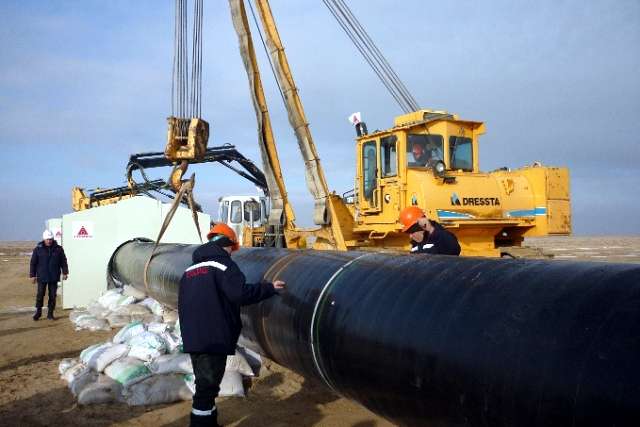The denial of TransCanada Corp`s more than 800,000 barrels per day project will make it more difficult for producers to develop the province of Alberta`s oil sands. It could also put the United States in a stronger position at global climate talks that start in Paris on Nov. 30 in which countries will aim to reach a deal to slow global warming.
U.S. Secretary of State John Kerry, who determined the pipeline was not in the country`s interest before Obama`s final decision, said approving Keystone "would significantly undermine our ability to continue leading the world in combating climate change."
Keystone XL would have linked existing pipeline networks in Canada and the United States to bring crude from Alberta and North Dakota to refineries in Illinois and, eventually, the Gulf of Mexico coast.
TransCanada first sought the required presidential permit for the cross-border section in 2008 but the proposal provoked a wave of environmental activism that turned Keystone XL into a rallying cry to fight climate change. Blocking Keystone became a litmus test of the green movement`s ability to hinder fossil fuel extraction in Canada`s oil sands.
"This is a big win," said Bill McKibben, co-founder of the environmental group 350.org which helped make Keystone a symbol of a movement to slow global oil output. Obama`s decision "is nothing short of historic, and sets an important precedent that should send shockwaves through the fossil fuel industry."
More about:
















































